
Kebbi State Govt. Awards Contract for Renovation of 97 Mosques Despite Widespread Poverty, Lack Of Access To Education, Inadequate Infrastructure

The Kebbi State Government has awarded a sub-contract for the renovation of 97 mosques across the 21 Local Government Areas (LGAs) of the state, despite persistent poverty, lack of access to education, and inadequate infrastructure.
The Commissioner for Religious Affairs, Sani Aliyu, announced the project while addressing leaders of various Islamic groups. According to Aliyu, each LGA is expected to renovate at least three mosques, with funding allocations based on specific project requirements. He also cautioned against complaints over disparities in funding.
However, the decision to allocate resources to mosque renovations has drawn criticism, given the dire socio-economic conditions in Kebbi State.
Reacting to the announcement on X, one handler commented, saying:
“I served in Kebbi state and kids literally eat burnt bread from a dustbin.”
Another said: “Kebbi state (Argungu, Suru, Yauri, Dakingari,Jega) kids don’t go to school once there is no free food. The poverty rate is heart wrenching”
“After 3 weeks in NYSC Camp, I was posted to Yelwa Yauri. Aside from dilapidated classrooms in public schools which s a national issue, lack of good drinking water and the number of out of school children roaming the street with dirty plates was a menace,” another added.
According to the 2022 Multidimensional Poverty Index (MPI) released by the National Bureau of Statistics, Kebbi is among the states with the highest poverty rates in Nigeria, with over 95 per cent of its population living in poverty.
In terms of education, the 2020 Nigeria Education Data Survey reported that Kebbi State has the highest percentage of out-of-school children in the country, with 59 per cent of its children not attending school. Also, the state’s primary school net attendance ratio is the lowest nationwide, standing at 38 per cent.
Critics argue that instead of mosque renovations, the government should focus on addressing these pressing issues, ensuring that children have access to food, education, and clean water before allocating funds to religious infrastructure.
Read More:
- Senegal’s President Engages Kagame and Tshisekedi in Talks to Ease DRC-Rwanda Tensions
- Nigerian Stars Take Over Paris Fashion Week 2025 in Style
About The Author
Related Articles
Cotê D’Ivoire: Thousands Rally in Abidjan as Opposition Demands Electoral Reforms Ahead of October Election
Thousands of opposition supporters gathered in Abidjan on Saturday, May 31, to...
ByJoy ChukwuJune 1, 2025Togo Stops Issuing Mining Permits to Reform Outdated Mining Code
Togo has suspended the issuance of new mining permits for prospecting and...
ByJoy ChukwuJune 1, 2025ICYMI: Ghana Shuts Down Washington Embassy Over Visa Fraud Scandal
Ghana has temporarily closed its embassy in Washington, D.C., following the uncovering...
ByJoy ChukwuMay 31, 2025Confederation of Sahel States Moves to Establish Joint Judicial Body
The Confederation of Sahel States (CSS), comprising Mali, Niger, and Burkina Faso,...
ByJoy ChukwuMay 31, 2025




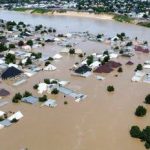



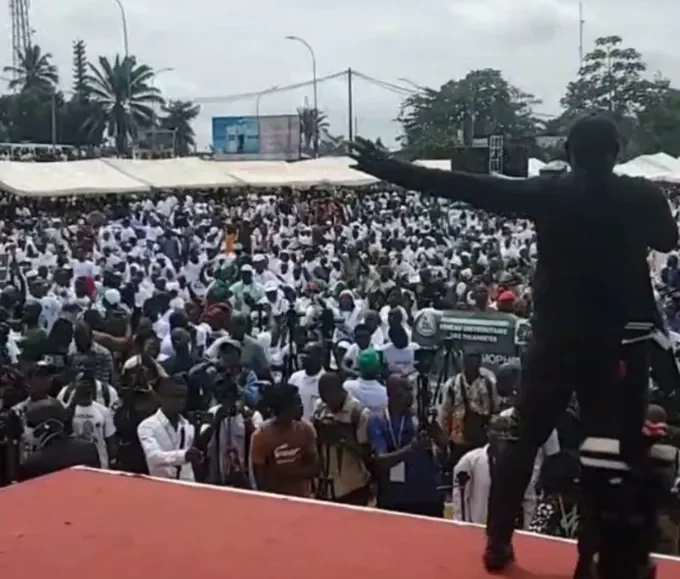
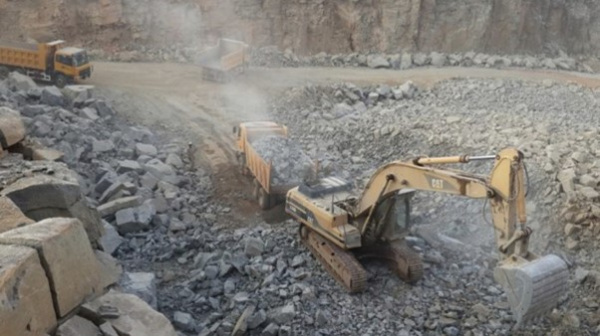
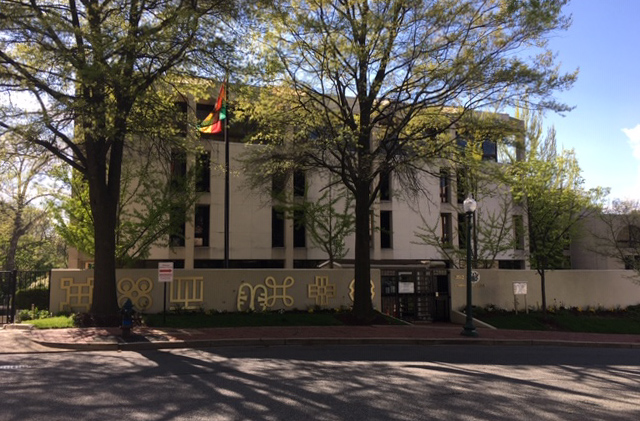
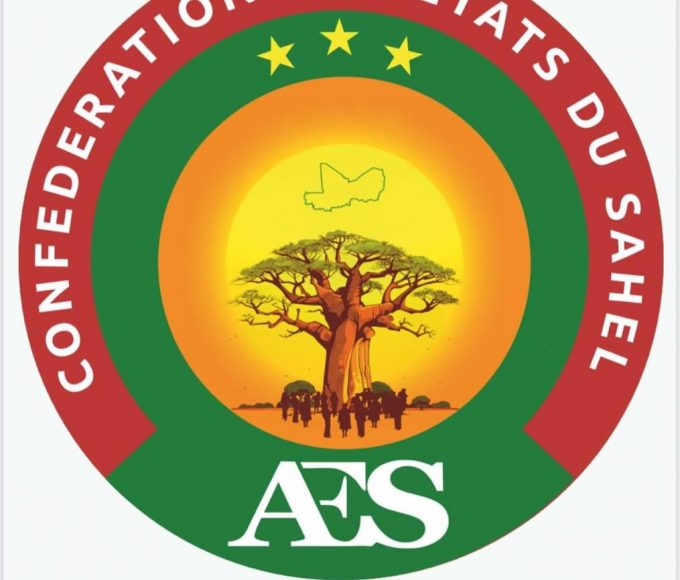
Leave a comment